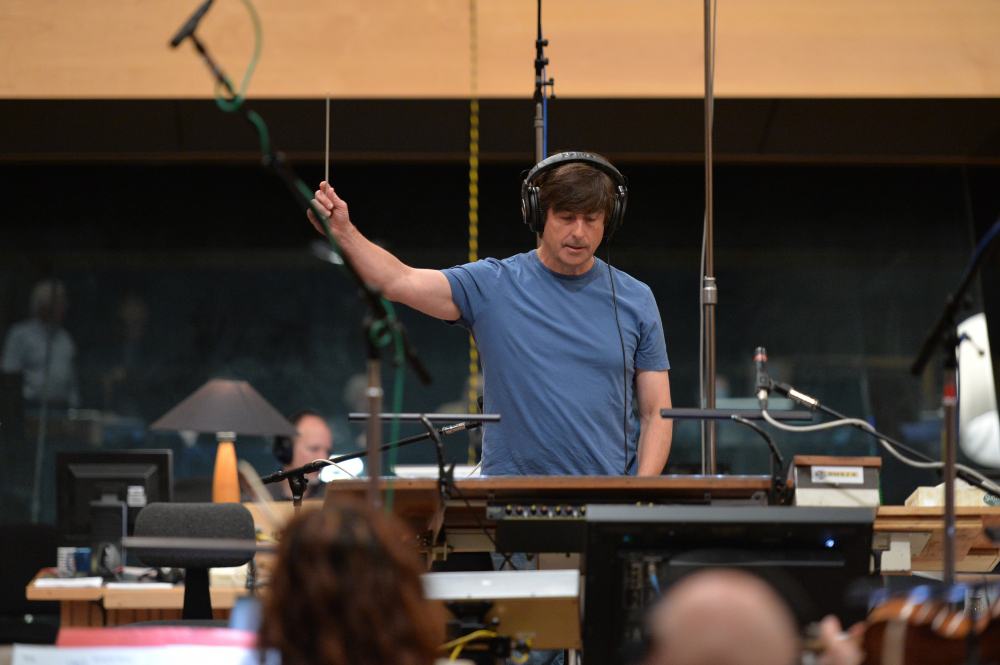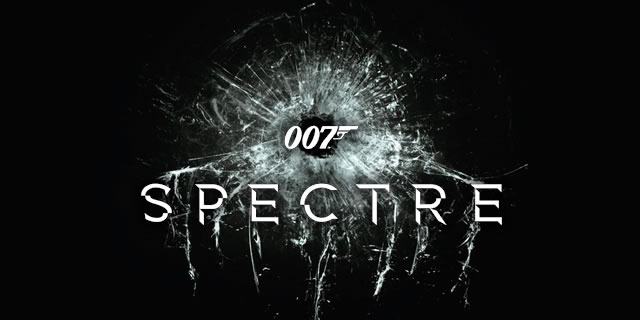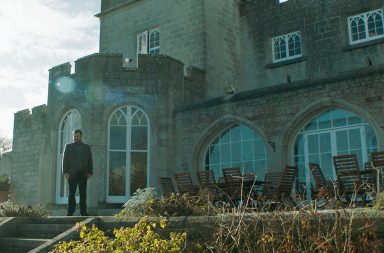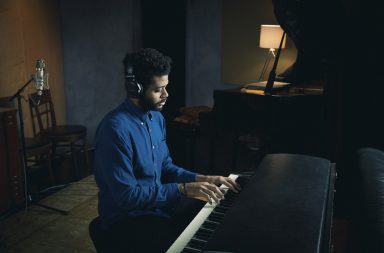Thomas Newman is one busy man. So far this year, he’s been working on Jason Madden’s The Second Best Exotic Marigold Hotel, on Steven Spielberg’s Cold War drama Bridge of Spies, and next year, he’ll just keep swimming (and scoring) for Pixar’s long awaited sequel to Finding Nemo, Finding Dory. But these days, he’s in the eye of the storm because of a famous spy whose name I probably don’t need to mention. (For clarity’s sake, I’m talking about James Bond. What do I know, you might have been living under a rock for the past weeks).
Following Skyfall, Spectre is Thomas Newman’s (and Sam Mendes’) second incursion in the Bond universe. A frequent collaborator of the director’s, Newman scored Mendes’ breakthrough film American Beauty back in 1999 and all his following flicks, except Away We Go. Taking over the James Bond score with Skyfall was “difficult and daunting”, in Newman’s own words. All the more that he was succeeding the fan-beloved and John Barry-approved David Arnold who’d been in charge since The World Is Not Enough. When you have to tackle the very distinctive theme of such an iconic franchise, it is both a blessing and a curse in Newman’s opinion. A blessing because you have an easy bait to catch the audience and drag them into the story, and a curse because you wonder which new elements you could add to it. The composer humbly admits that the challenge dwells in “breathing life into the score while remembering it had a life before you.”
The composer pays tribute to John Barry by using harps and highlighting the suaveness and sexiness of the spy, and at the same time, the score is completely imprinted with his usual quirkiness and idiosyncrasies, especially regarding the instrumentation. Known for his use of uncommon instruments or sounds such as the zither, aboriginal chants or the chirping of cicadas, he incorporates in the Spectre score a choir, the Mexican percussion ensemble Tambuco, synthesizers and drum machines. On a more classical tone, Bond’s love interests (Monica Bellucci and Léa Seydoux) get lush romantic themes with loads of strings.

Thomas Newman’s creative process seems to be quite opposite to Alexandre Desplat’s, which we talked about last week. The later rationalises in an almost scientific way his approach to scoring while the former admits to have a more whimsical one. Newman tries not to have rules when it comes to writing music as he wants to keep the ideas coming freely. After reading the script and talking with the director, he likes to sit at his piano and see what happens. The composer started working on the Spectre soundtrack as early as October 2014, that is to say, when the film was still in production, and he finalised the CD soundtrack barely one week before the release date. Mendes praises Newman’s skilfulness and ability to strike a balance as the music must be loud, brazen and daring enough to be heard through all the intradiegetic mechanical noises (roaring cars, swooping helicopters) and explosions but not too overwhelming.
Feedback from the director is essential to scoring for Newman. His relation with Mendes is strong enough so that the director can be totally honest with him and tell him when something is not right. “He rejects ideas as much as he accepts them”, Newman explains. If Mendes accepts to direct for the third time a Bond Movie, we can reasonably expect Thomas Newman to return to his duties, ready to unleash again all his musical Bond-ness. In the meantime, our man is fairly busy.
Marine Wong Kwok Chuen



